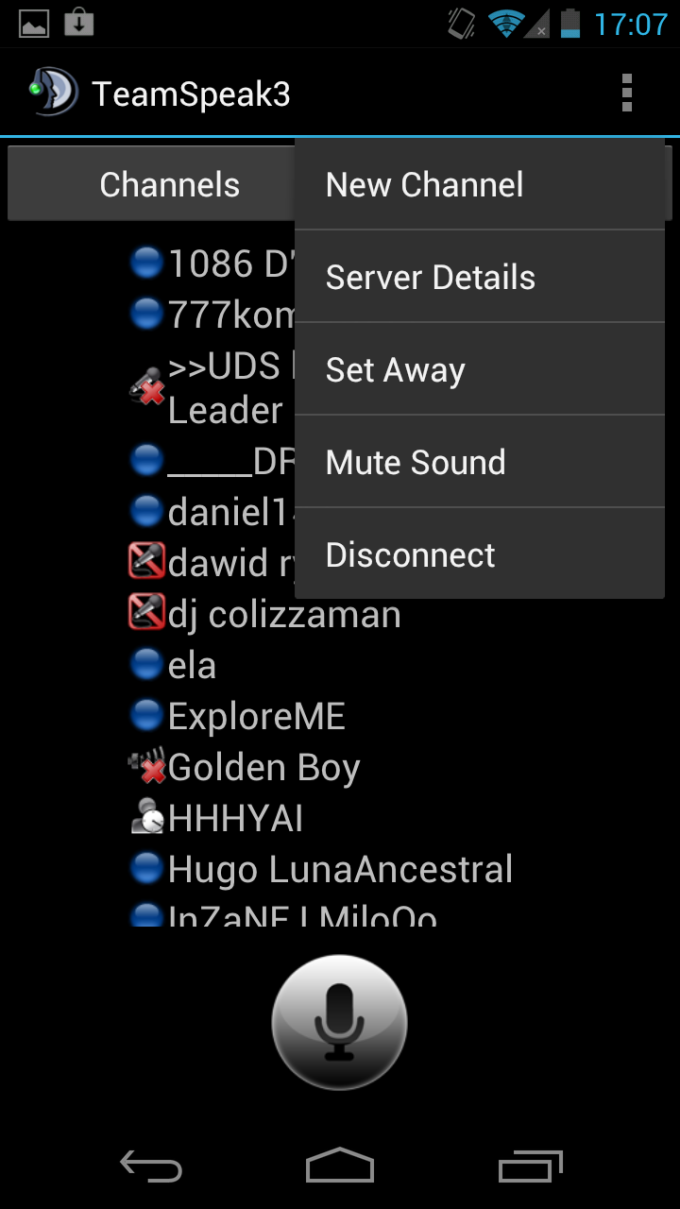

Port forwarding enables direct internet access to the device. To utilize Teamspeak 3, you may need to activate port forwarding on your network. Usually used by gamers, TeamSpeak is a dependable and lightweight application with unique features like AES-256 encryption, low latency, and good audio quality. TeamSpeak 3 is a voice-over-internet protocol app that allows users to interact and cooperate using speech in real-time. Requirements to port forward TeamSpeak 3.Integer type permissions come in two sub-types: value permissions (that define a value or limit to a function or feature) and power permissions (that defines the amount of power held to perform a permission, function, or feature). Power permissions usually come in two associated permissions: power and needed power.

A power permission (as just described) defines the integer power that an associated group or client has (or holds) a needed power permission defines the integer power that is needed for a group or client to have the permission, utilize the feature, or execute the command. In order for a permission to succeed for a group or client, its group or client power must be at least equal to or greater than the permissions associated needed value. If this is confusing, one way to understand power and needed power permissions is to think in terms of a currency (money) system: power permissions are the amount of money one has whereas needed power permissions are how much money is required to have the permission the difference however, is that gaining a permission does not "deduct" the power value from the group or client - instead, the values are used in a sense to determine if the group or client can "afford" to complete the action. This attribute, when enabled, will reverse the default behavior for group permission inheritance. This means that if a client is a member of multiple server groups and multiple channel groups, no channel group that has its value for the particular permission will override this permission. This attribute, when enabled, will reverse the default behavior for general permission inheritance. This means that if a client is a member of multiple groups with at least one group with a permission that has the negate attribute enabled, the client will not inherit any permission value higher than the permission whose negate attribute has been enabled.


 0 kommentar(er)
0 kommentar(er)
